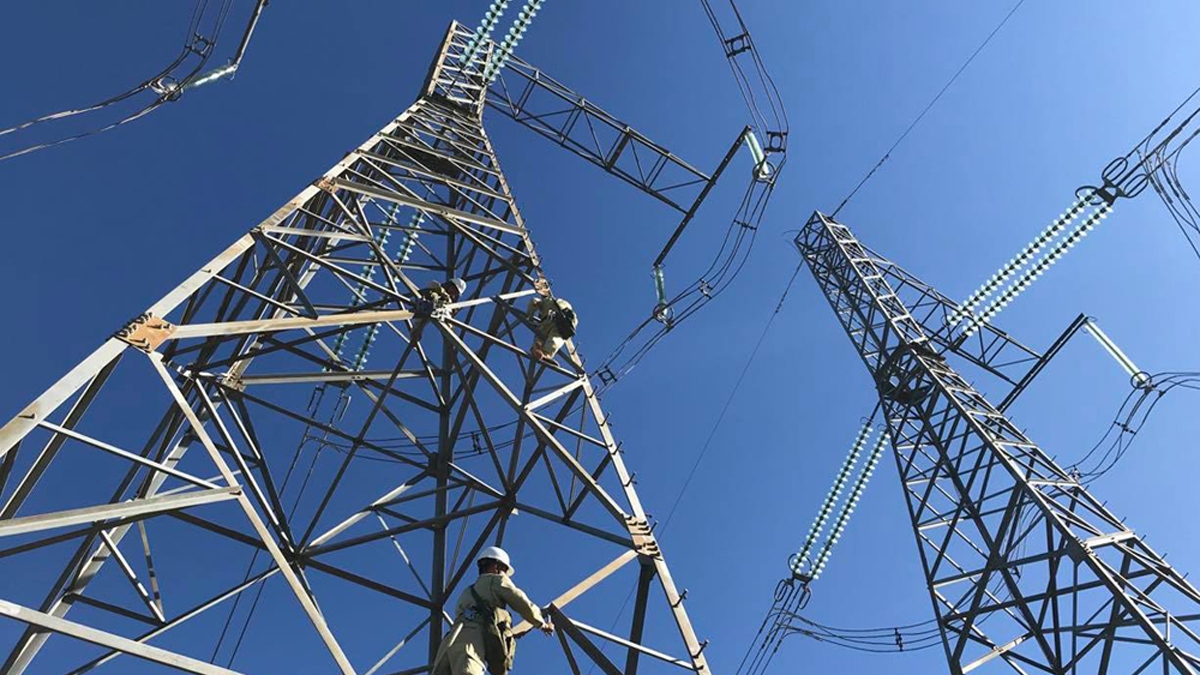
| Author :
The National Assembly of the Socialist Republic of Vietnam voted to scrap the Ninh Thuan nuclear power plants project with a majority of more than 90% – a right and ...
The National Assembly of the Socialist Republic of Vietnam voted to scrap the Ninh Thuan nuclear power plants project with a majority of more than 90% – a right and timely decision to ensure energy security and economic stability.
The projected share of nuclear energy production had already been significantly reduced in the “revised Power Development Plan in the period 2011 – 2020, with vision to 2030” (PDP VII revised), accounting for only 3,6% capacity and 5,7% generation output in national power production. In its vote on November 22nd, the National Assembly decided that the Ninh Thuan nuclear power plants project is too costly and not worthy for investment.
The full life cycle costs of nuclear power include the dismantling of the power plants, and the transportation and storage of nuclear waste over centuries, which is very expensive. How stable and sufficient funds for thousands of years shall be guaranteed is an open question in all countries with nuclear power plants. Besides, the Government and investors need to cover the interest payments on international credits for the construction of the plants, the training of staff, the information and emergency planning for the public, and of insurances and compensation schemes in case of accidents.
Nuclear power development means a dependency on foreign countries for many decades. Countries such as Vietnam, which will not control the whole value chain of nuclear power production by itself, will always be depend on foreign investors in order to receive and reprocess nuclear fuel, or to educate staff members working in the nuclear power plants.
So what energy source should be the decent alternative choice for nuclear power replacement in Vietnam?
The decision of the National Assembly to scrap its nuclear plans comes only four days after the official launch of the statement of the “Climate Vulnerable Forum” (CVF), of which Vietnam is a member, to “strive to meet 100% domestic renewable energy production as rapidly as possible”.1 The announcement at the end of the international climate negotiations, COP22, in Morocco, has been highly appreciated worldwide.
With technical feasibility, economic benefit and available finance, there has been a boom of global renewable energy (RE) production in recent years2. Because of high RE potential especially for solar, biomass, and wind energy with an average capacity of 37,818 MW3, which is almost similar to the current capacity of the power system as a whole, Vietnam could become independent from energy imports and could ensure national energy security even when the wind does not blow and the sun does not shine but batteries storage have been improved.
RE is an innovative technology with very low risks of accidents, with little negative impact on the environment, and on people’s livelihoods. Because of its simplicity, renewable energy creates more jobs for people with lower education level, including jobs in managing RE, but possibly also in RE industrial production, installation and maintenance. For example, in Germany, many sustainable jobs were created in the RE sector with 380,000 against 38,000 in nuclear the sector since 2000. RE can be linked to the grid much faster than coal and nuclear energy, as its construction time is within about two years only. Because RE can be developed very decentralized, it contributes to the creation of local value chains and bring possibilities to develop rural areas which is in line with government efforts to achieve new rural development and Green Growth. It is recognized in other countries that more investment from the private sector will invest in renewables with the right policy incentives, while for nuclear power, considerable state subsidies have to be granted on a long-term basis. Recently, the production cost for solar and wind energy has declined significantly (it is only 670 dong/1kWh in a recent project in Dubai)4. In contrast, nobody can calculate the costs of nuclear power in advance – because nobody can foresee whether a nuclear disaster will happen, nor how high the costs for storing nuclear waste for more than 200.000 years will be.
We therefore strongly recommend the National Assembly, the Communist Party of Vietnam, and the Government set priority for power development from available renewable energy sources, for multiple benefits including energy security, the reduction of GHG emissions, the protection of the environment and for a stable and sustainable economic development./.
------------------------------------------------
Contact information:
Green Innovation and Development Centre (GreenID) Room 707, Sunrise Building, 90 Tran Thai Tong, Cau Giay, Hà Noi Mrs. Nguy Thi Khanh | Executive Director Tel: (+84) 4 3795 6372 / (+84) 912 713 299| Email: ntkhanh@greenidvietnam.org.vn Website: http://greenidvietnam.org.vn/
Friedrich-Ebert-Stiftung Vietnam No. 7 Ba Huyen Thanh Quan, Ba Dinh, Ha Noi Dr. Sonja Schirmbeck | Vice Director Tel: (+84) 4 3845 5108/ (+84) 0125 907 0517/ Email: sonja@fes-vietnam.org Website: http://www.fesvietnam.org/vi/
Reference: Policy Recommendatio n “Nuclear Energy in Vietnam – Challenges and Alternatives”
Reference: Policy Recommendatio n “Nuclear Energy in Vietnam – Challenges and Alternatives”


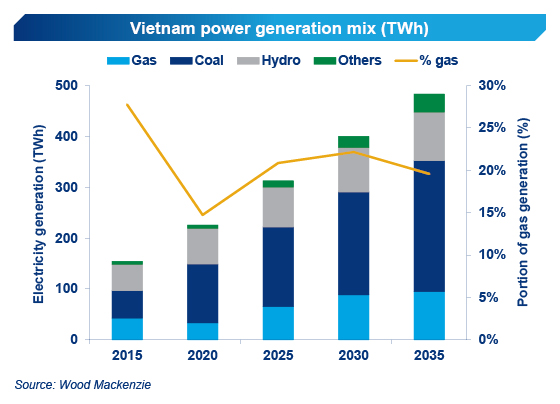
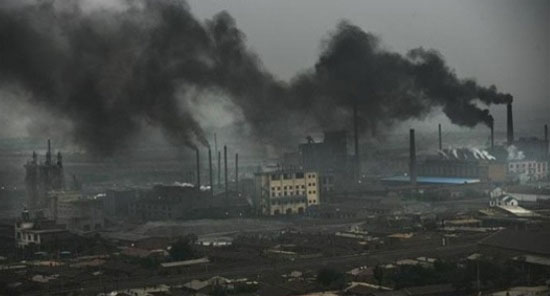
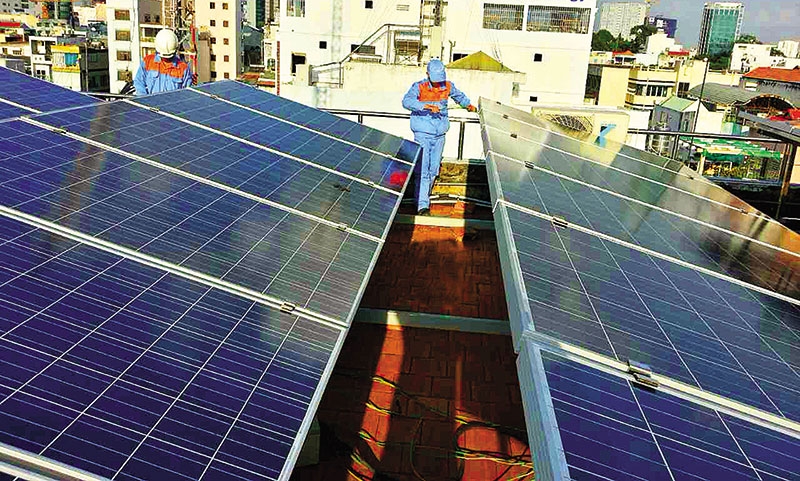
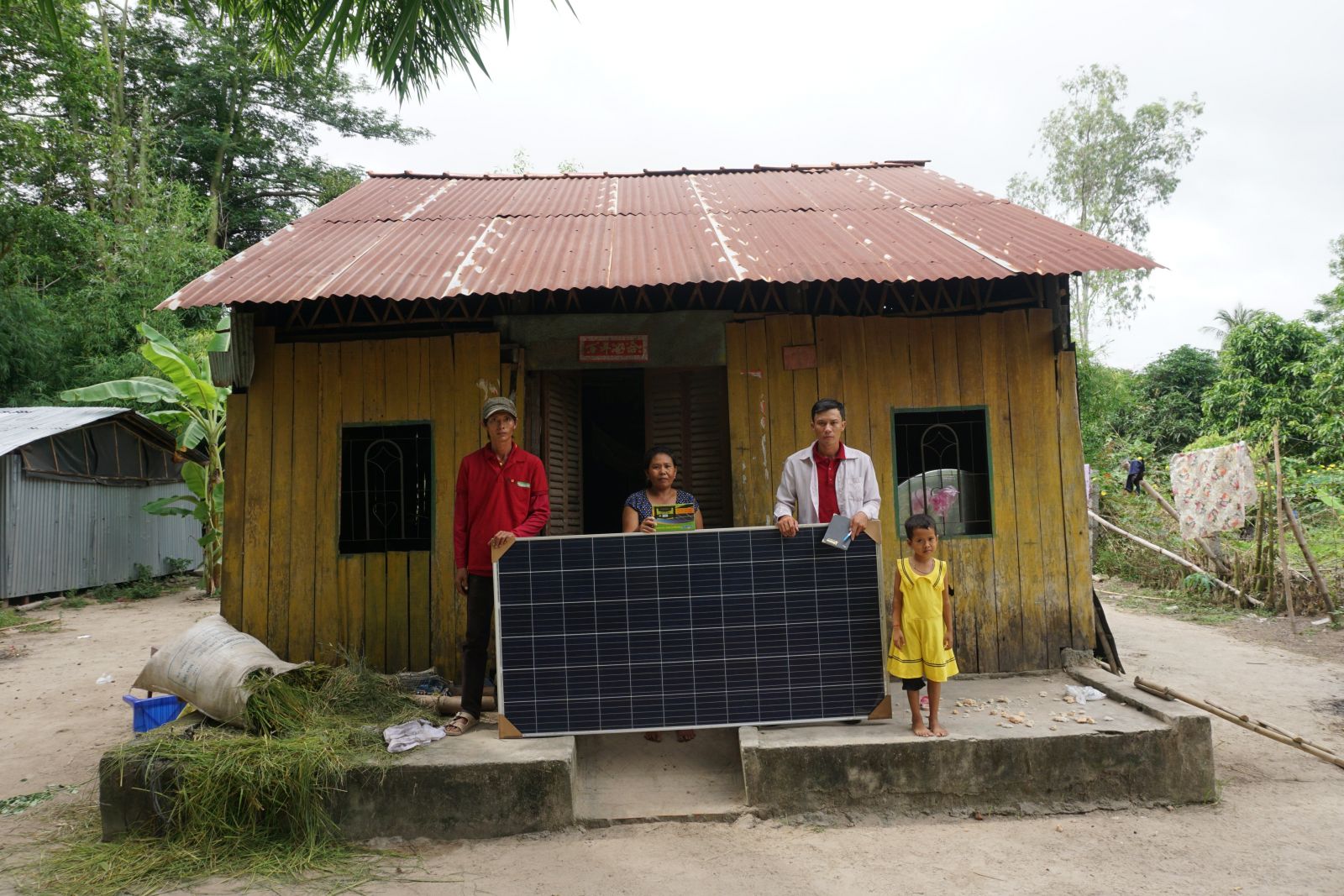

.png)
